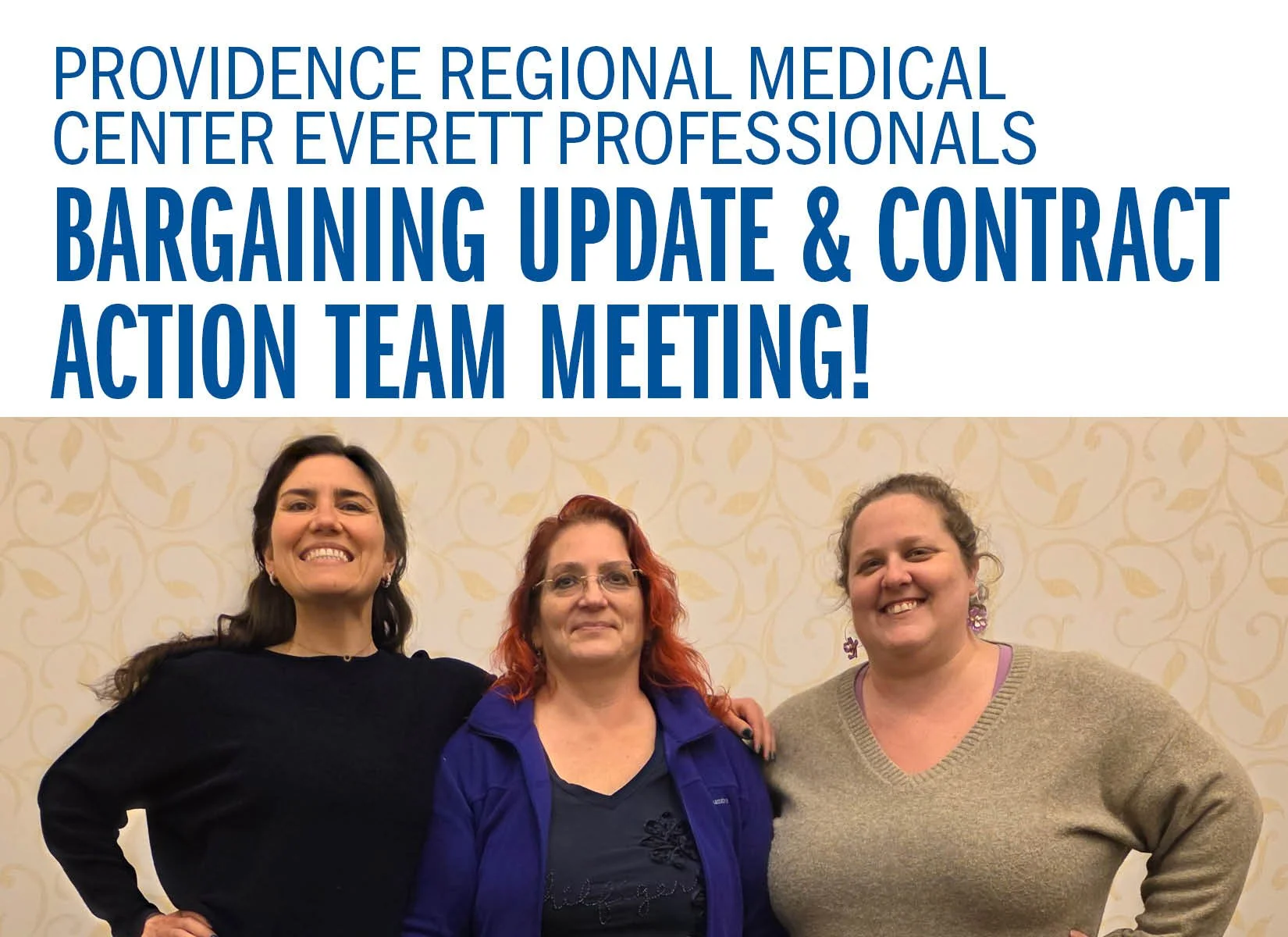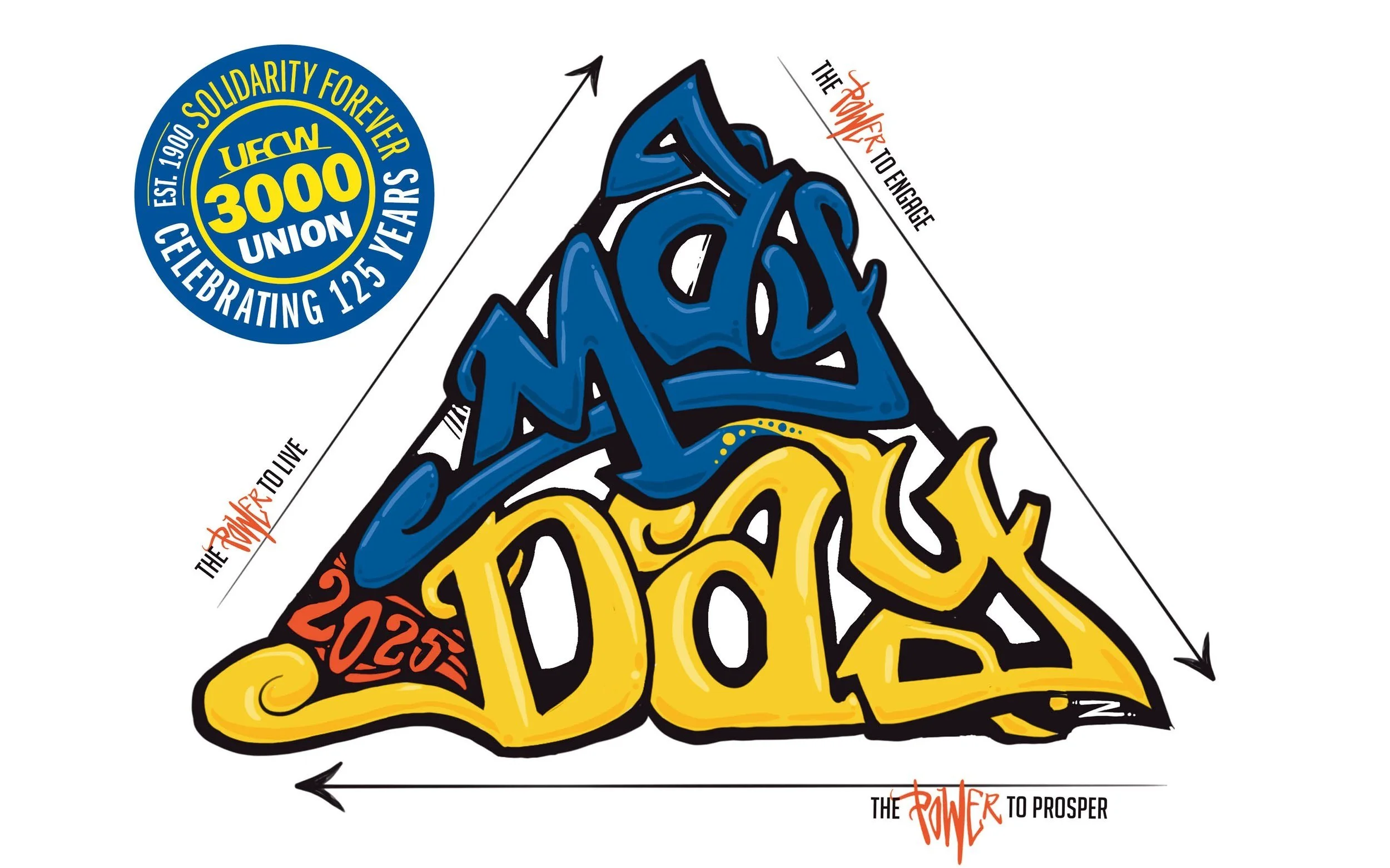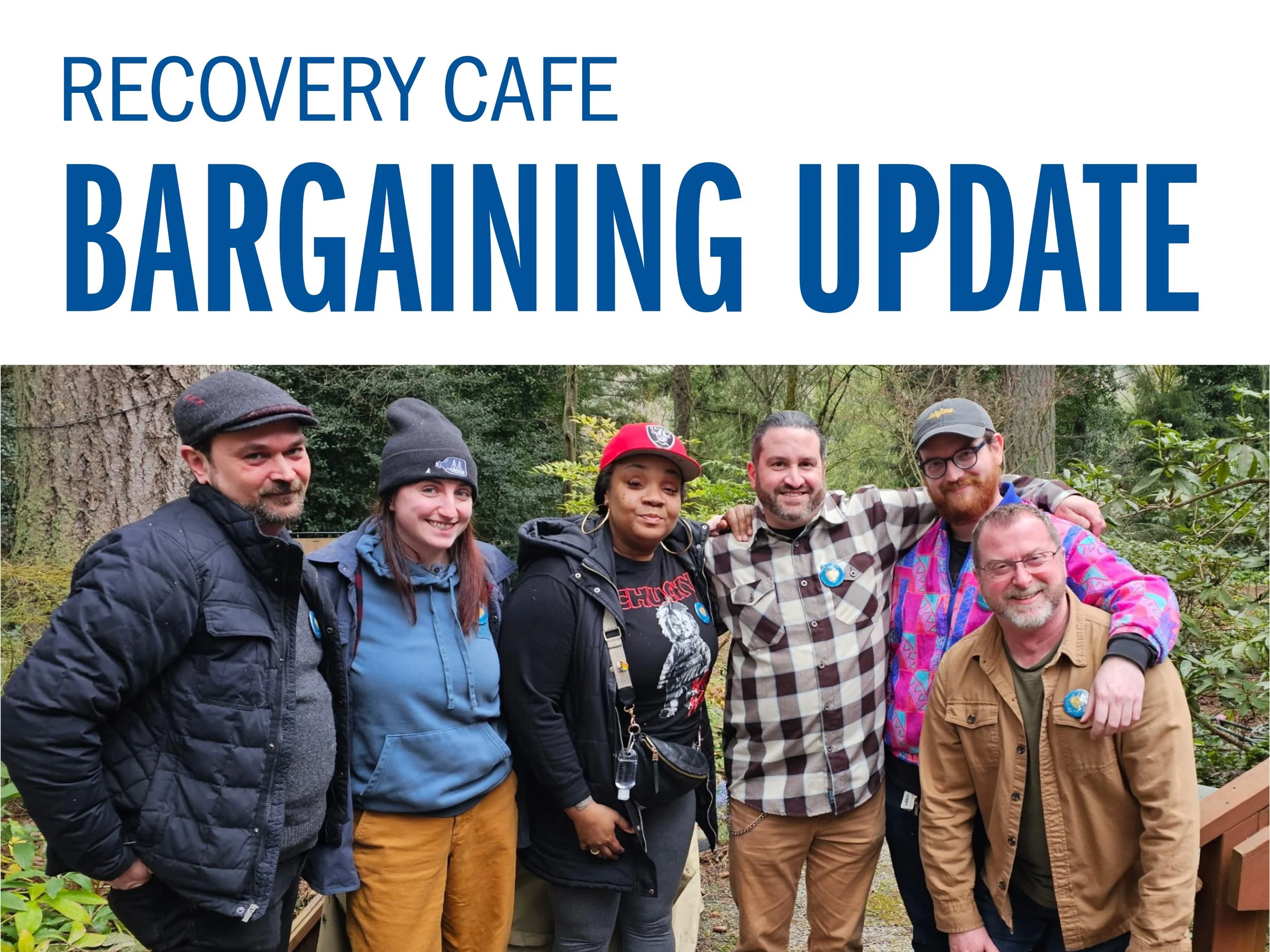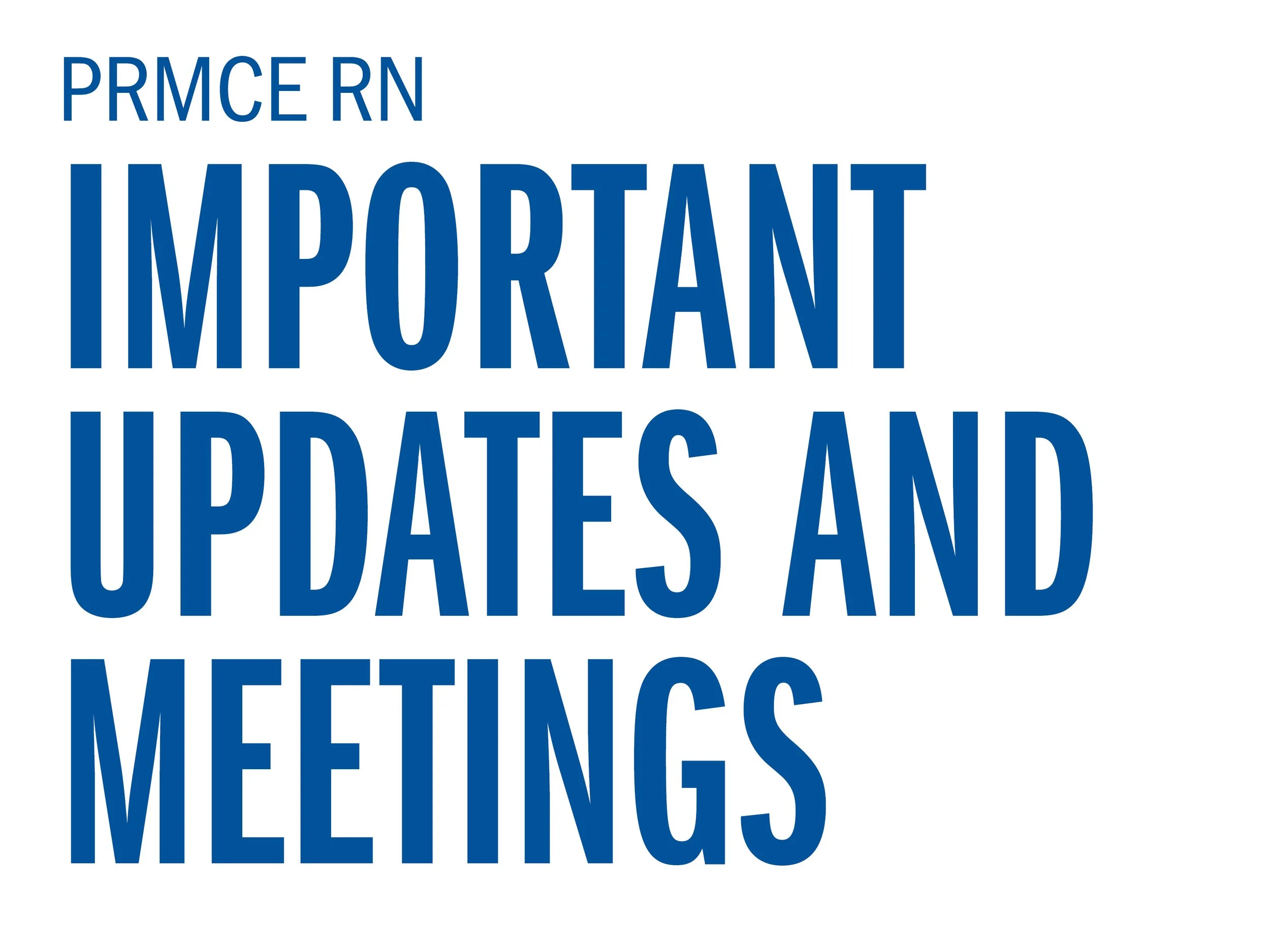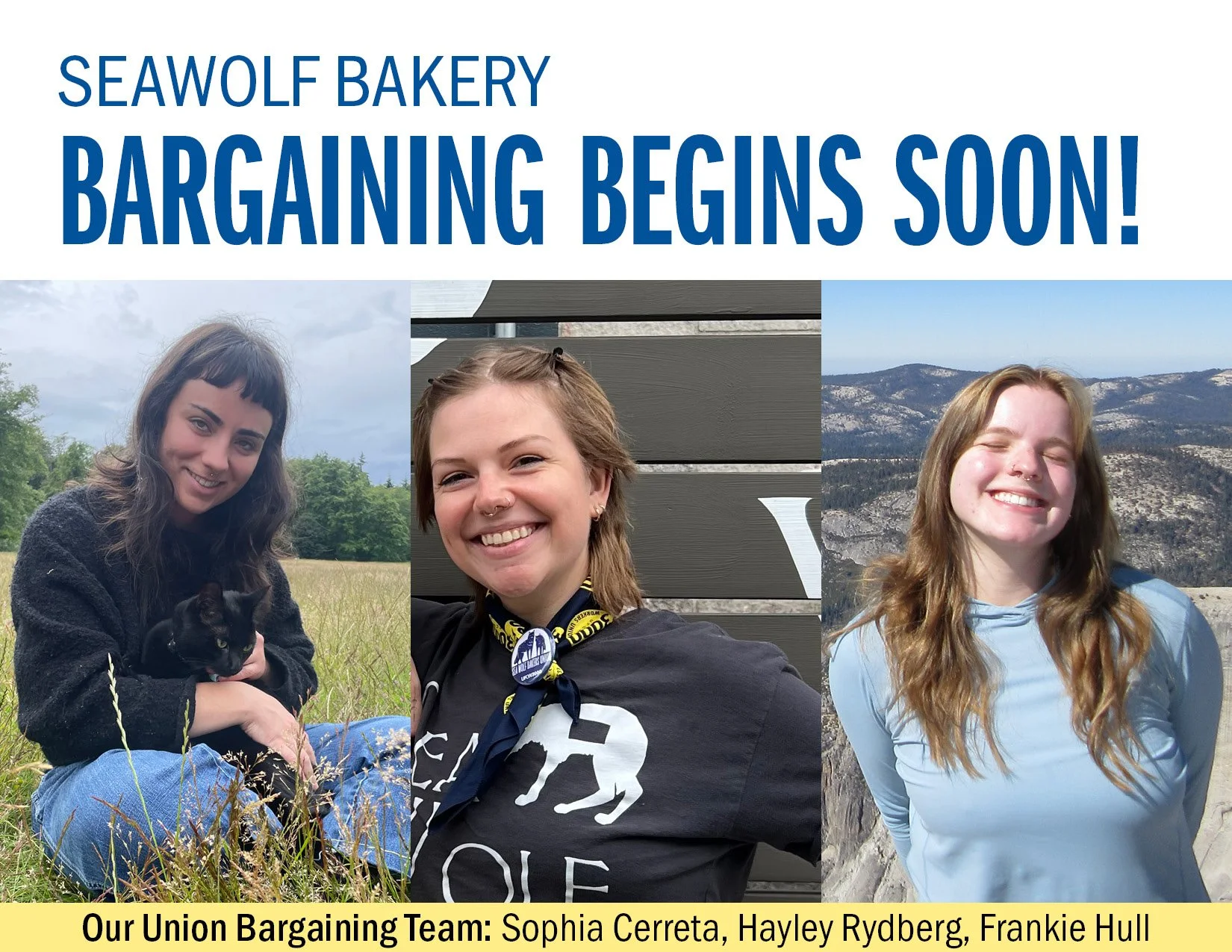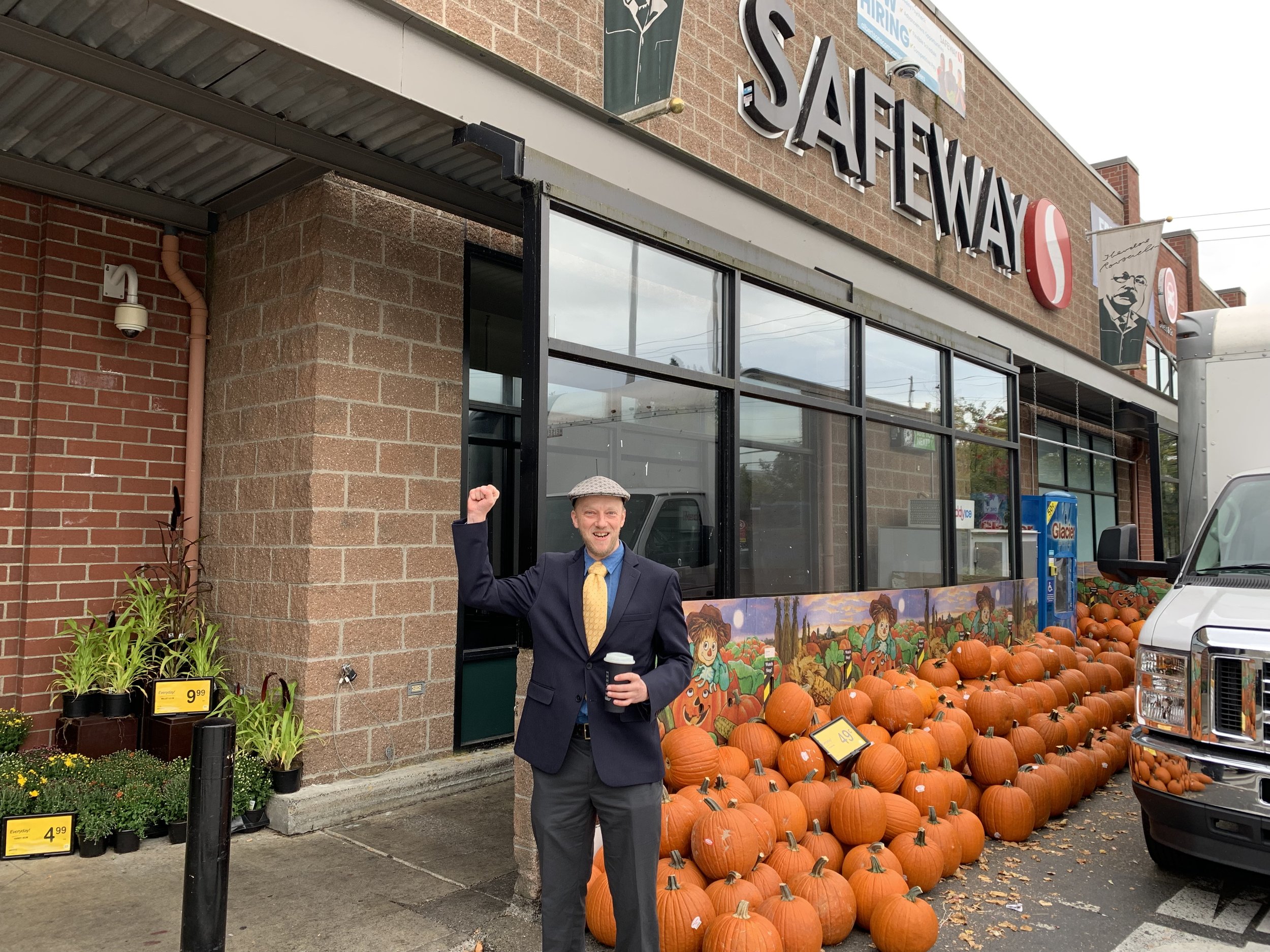Mfused: L&I Investigation Results
/Since the introduction of the new mylar zippered bag packaging at Mfused, members in production have been vocal about the pain and injuries caused to their wrists and hands from constantly opening and pinching these bags closed. Management had attempted to address the situation by ordering bags that supposedly come opened or outsourcing the task to other workers, but they still were not able to find a harmless solution. This led to multiple injuries and claims with Labor & Industries (L&I.) Meanwhile, L&I’s Department of Safety & Health (DOSH) had opened an investigation into a complaint made about the safety of this work.
After some months and in-depth review from Occupational Hygienists, an Ergonomist, and (unlike most cases,) the head of DOSH, it has been determined that it is unsafe to open bags by hand and pinch bags closed by hand, even for part of a shift. The company has been given multiple serious citations, with one penalty, of which the amount has not been disclosed. Mfused must post a notice of their citations in the workplace for 7 days after it is received in the mail. L&I will not be checking on this, so if it is not seen or comes down early, please notify your shop steward or union rep.
Employees, whether union members or not, should not be opening product bags by hand at all for any reason. If a batch of bags comes in sealed or partially sealed, please notify your manager and do not open them by hand. It is up to the employer to provide a safe way to get the job done, L&I has recommended finding a tool that can open and seal the bags without harmful repetitive motions. Do not open or seal bags until the company has provided a tool or machine that will help you do it harmlessly. Please notify your union rep when a tool or machine for opening/sealing bags is made available, or if you or another employee are asked to open or seal bags by hand.
This is a win for members who have been saying that this work has been harmful to them all along, with injuries to show for it. Their voices have now been validated by safety regulators who have the authority to make management listen.
If you have questions, reach out to your Union Rep.



